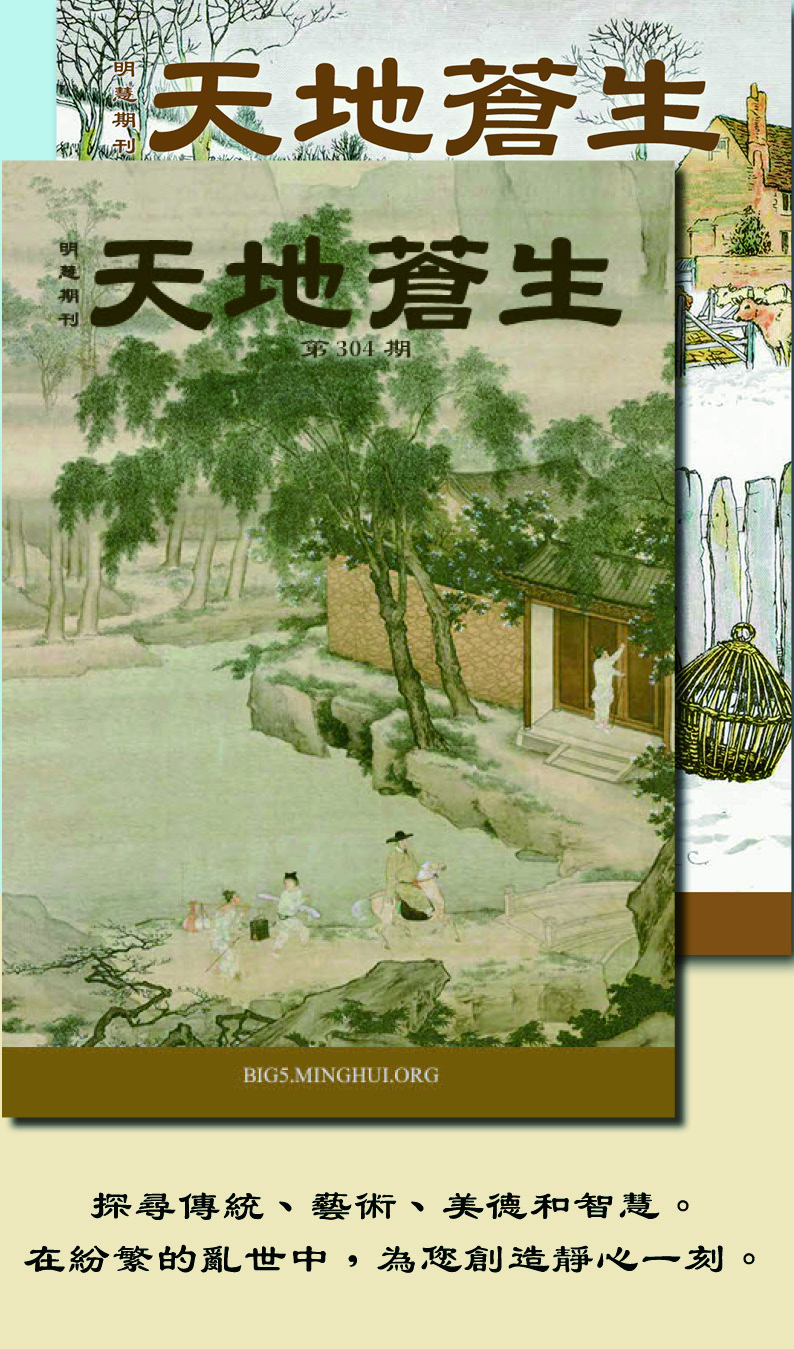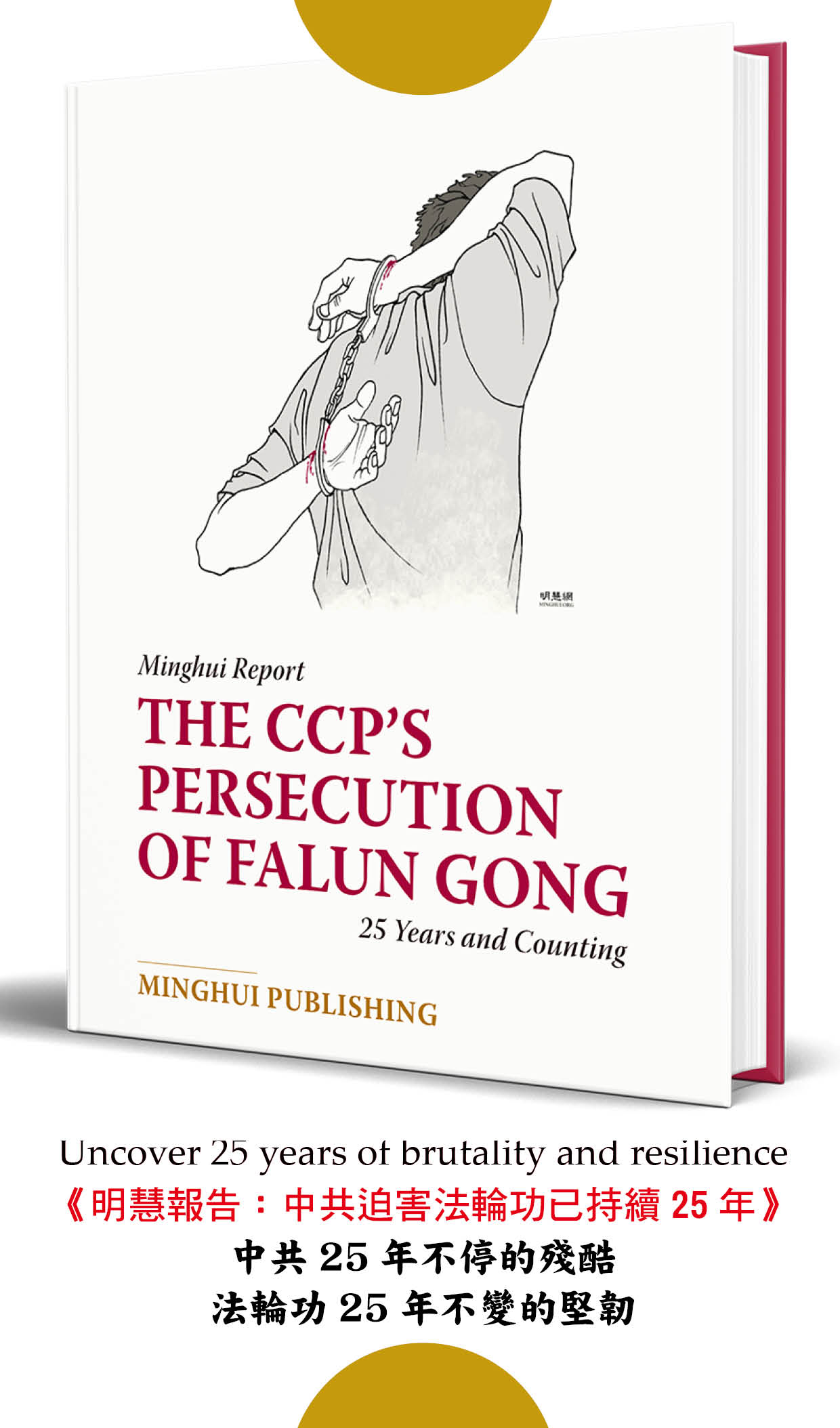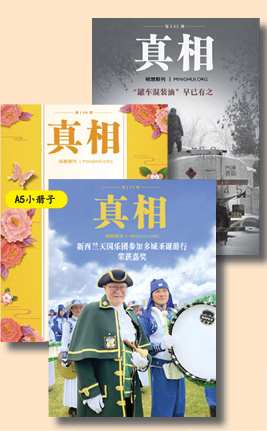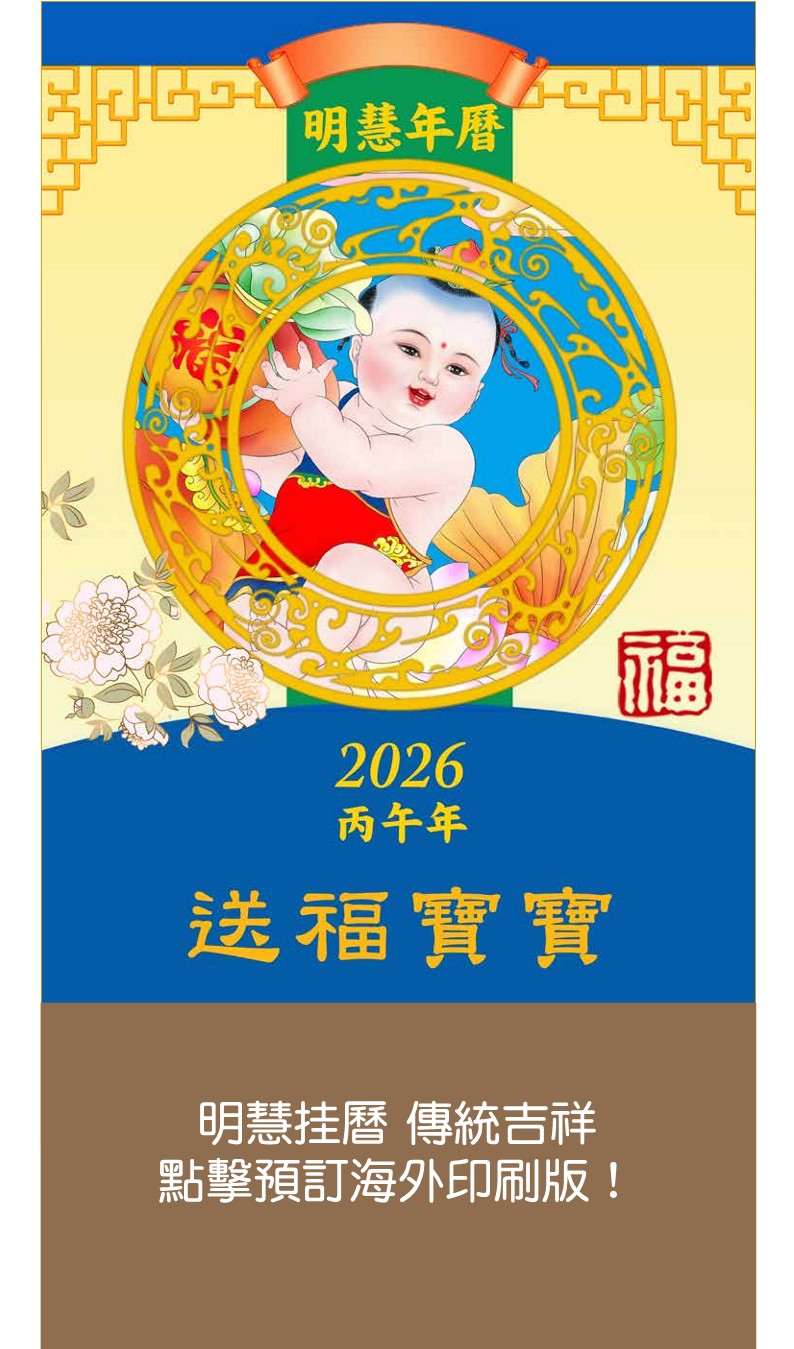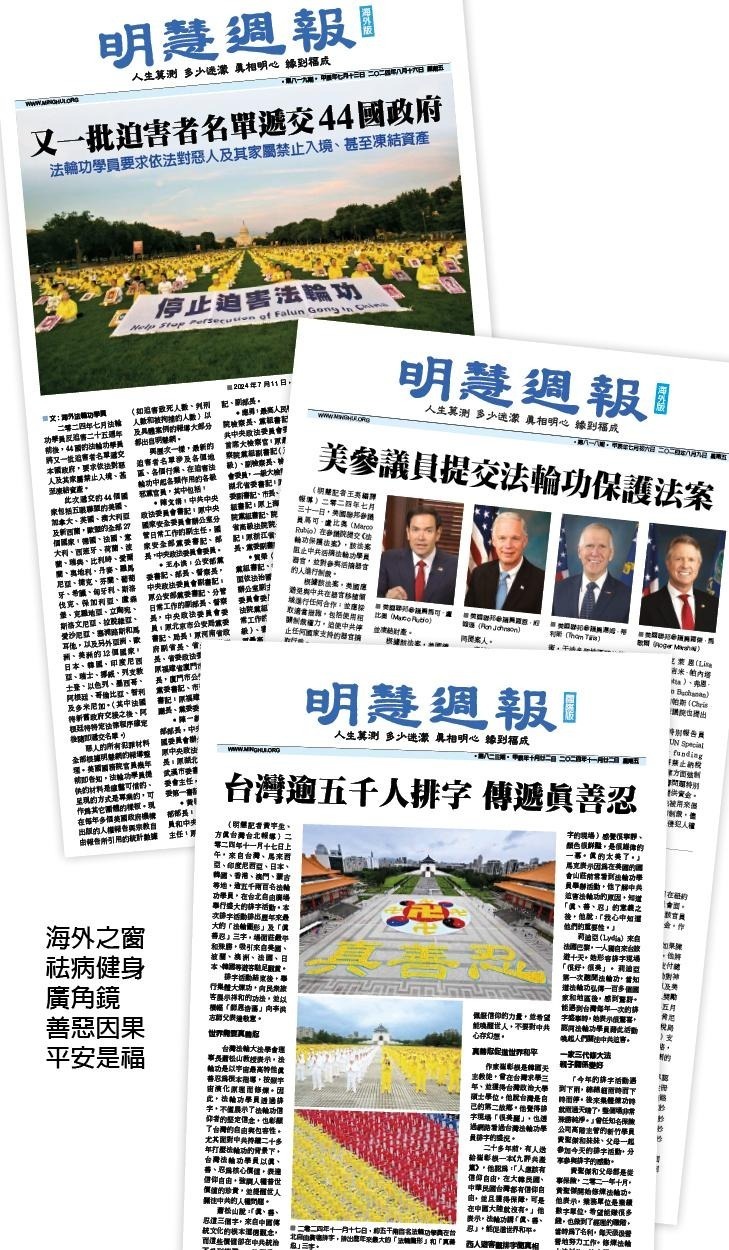紐約時報: 中國試圖扭轉受到的人權批評
聯合國,3月6日--克林頓當局決定在日內瓦的聯合國人權會議上譴責中國的人權紀錄後,中國正試圖依賴頻繁的外交的和慣用手腕以逃避批評。
這在過去成為被譴責的目標時曾是有效的辦法。
中國在聯合國的代表沈國放在一次採訪中說:「如果美國當局決定發起反中國的決議,我們相信,像以前一樣,委員會的大多數會站在中國這邊。他們不想在委員會中看到對抗。」
沈先生預測說美國不會得到歐洲的有力支持。一些西方的外交官說中國善於玩弄經濟利益使美國和歐洲相抵觸.
沈先生說:「中國已經與歐洲有對話以解釋其紀錄」,他補充說:「應和美國有更多的對話,美國對中國主要的不滿也許是中國的社會主義制度。」
沈先生說:「我們當然有提高的餘地,但自從七十年代,當中國開始開放經濟,並開始其它改革,中國已發生了巨大的變化,中國現在的人權是有史以來最好的。」
一名外交家兼人權官員指出中國已採取與人權監測合作步驟,他說,公開的批評令北京反感。當聯合國人權高級官員---瑪麗羅賓遜在中國說人權狀況惡化時,官員們警告她不要提法輪功問題,或其它她強調過的問題。
像中國或俄羅斯這樣強大和固執的國家,當車臣(Chechnya)成為議題時,美國--聯合國系統可以提供很多辦法(包括從安理會一直到在地下室召開的附屬委員會會議)以避免公開的監視和難堪的場面,。
官方的職能不是唯一的焦點。放映電影,藝術展覽,新聞工作者新聞發布會,甚至世界範圍的宗教服務可以被來自不同國家的壓力阻止。中國被認為是在否認批評方面最活躍的國家之一,包括禁止達賴喇嘛在聯合國的活動中露面。
外交家和人權倡導者說,在今年從3月20日開到4月底的日內瓦年度委員會議之前,中國已展開了雙渠道的辯護。
在日內瓦,通過預先疏散的議會技巧--「無行動」動議,預期中國試圖把美國發起的針對其人權的決議排除在全體委員會的議事日程之外。借助其它亞洲,非洲和一些拉丁美洲國家的支持,中國幾乎每年都使決議事先被取消,它一被討論就被否決。
印度,上週她的人權紀錄被稱作充滿了「嚴重的踐踏」,排在中國之後,再之後是伊朗。通過第二個渠道,中國做工作以禁止中國或西藏的流放者組織獲得聽證會。今年它已經成功地把中國人權--在紐約由著名的流放者領導的組織,排除在外。
方勵之,現在美國教學的天文學家,和中國人權的Robert Bernstein是中國人權的聯合主席;蕭強,另一名流亡的科學家,曾和中國的人權啟蒙運動組織,尤其是1989年天安門廣場受害者的母親們緊密合作,是執行長官。
人權組織和聯合國官員說,聯合國系統內過去在日內瓦的委員會議由於對非政府組織的開放而與眾不同。但是他們說這也許會改變。人權觀察在聯合國的代表Joanna Weschler說在當前由19名成員組成的負責審批獨立組織獲得「諮詢身份」的委員會,對非政府組織的容忍正在縮減。
華盛頓的羅伯特肯尼迪人權紀念中心的亞洲項目主管Margaret Huang說,委員會「現在對非政府組織不是非常友好」,一些西方外交家同意這種說法。
肯尼迪中心去年使蕭先生成為她的代表,被批評是開後門。蕭先生說:「今年我第一次感到不能講話,如果我們不說話,中國問題將從委員會消失。」
By BARBARA CROSSETTE
UNITED NATIONS, March 6 --With the Clinton administration determined to have China"s record on human rights condemned by the United Nations Human Rights Commission in Geneva, the Chinese are relying on intensive diplomacy and procedural ploys to escape criticism. It is a system that has worked well in the past for would-be targets of condemnation.
"If the U.S. administration decides to sponsor the anti-China resolution, we believe, like in previous situations, the majority of the commission will be on China"s side,"Shen Guofang, China"s deputy representative at the United Nations said in an interview. "They don"t want to see a confrontation in the commission." Mr. Shen predicted that the United States would not get the solid support of Europe. Some Western diplomats here say the Chinese have been able to play American and European commercial interests against one other with considerable success. China has had "dialogues" with European countries to explain its record, Mr. Shen said, adding that there should be more talks with the United States, whose main irritant may really be China"s socialist system, he said. "Of course we have some room for improvement," Mr. Shen said. But since the 1970"s, when China began to open its economy and begin other reforms, there have been big changes, he said. "China now has the best human rights situation in its history." Diplomats and human rights officials, who point to steps China has begun taking to cooperate with rights monitors, say that public criticism is anathema to Beijing. When the United Nations high commissioner for human rights, Mary Robinson, said in China that the rights situation had declined, officials warned her not to raise the issue of Falun Gong, the banned religious sect, or other problems that she has highlighted.
For a powerful and determined country like China -- or Russia, when Chechnya is at issue, or at times the United States -- the United Nations system can offer many ways to avoid public scrutiny and embarrassing moments, from the Security Council all the way down to subcommittees meeting in basement rooms.
Official functions are not the only focus. Film screenings, art exhibitions, journalists" briefings and even ecumenical religious services can be blocked by pressure from various nations. China is considered one of the most active in denying a platform for critics, including the Dalai Lama, who is effectively barred from United Nations events.
Ahead of the annual commission meeting in Geneva, which this year runs from March 20 until the end of April, China has been running a two-track defense, diplomats and human rights advocates say.
In Geneva, the Chinese are expected to try to keep an American-sponsored resolution on its human rights record off the full commission"s agenda by using a pre-emptive parliamentary technique, a "no action" motion. With support of other Asian, African and some Latin American countries, China has managed to have the resolution struck in advance nearly every year; once it was discussed and defeated.
India, whose rights record the State Department last week characterized as rife with "significant abuses," backs China, as does Iran.
On a second track, China works to bar organizations of Chinese or Tibetan exiles from getting a hearing there. This year it has already succeeded in excluding Human Rights in China, a New York-based group led by prominent exiles.
Fang Lizhi, an astrophysicist now teaching in the United States, is co-chairman with Robert Bernstein of Human Rights in China; Xiao Qiang, another scientist in exile who has worked closely with Chinese grass-rootsgroups, particularly the mothers of victims at Tiananmen Square in 1989, is executive director.
Human rights groups and United Nations officials say that in the past the commission meeting in Geneva had been unique within the United Nations system in its openness to nongovernmental organizations. But the say that may be changing.
Joanna Weschler, Human Rights Watch"s representative at the United Nations, said that tolerance for nongovernmental organizations, known as NGO"s, has generally been shrinking under the current composition of a 19-member committee that is able to grant or deny "consultative status" to independent groups.
Margaret Huang, Asia program director for the Robert F. Kennedy Memorial Center for Human Rights in Washington, said the committee was "not very NGO-friendly now." Some Western diplomats agree.
The Kennedy center made Mr. Xiao a member of its delegation last year, and was criticized for giving back-door access. "This year I feel for the first time I may not be able to speak," Mr. Xiao said. "If we"re not going and don"t speak, Chinese issues are gone from the commission."











